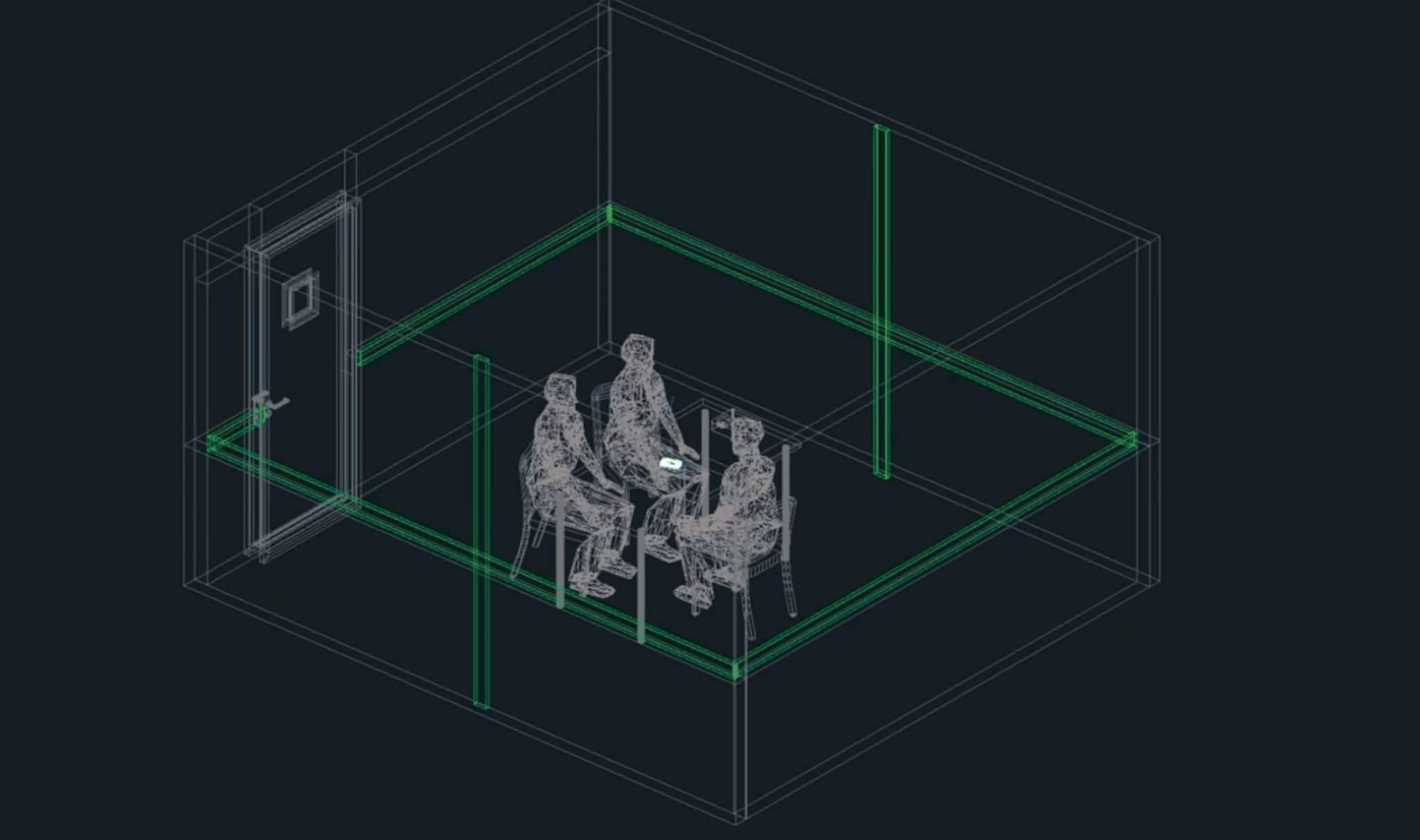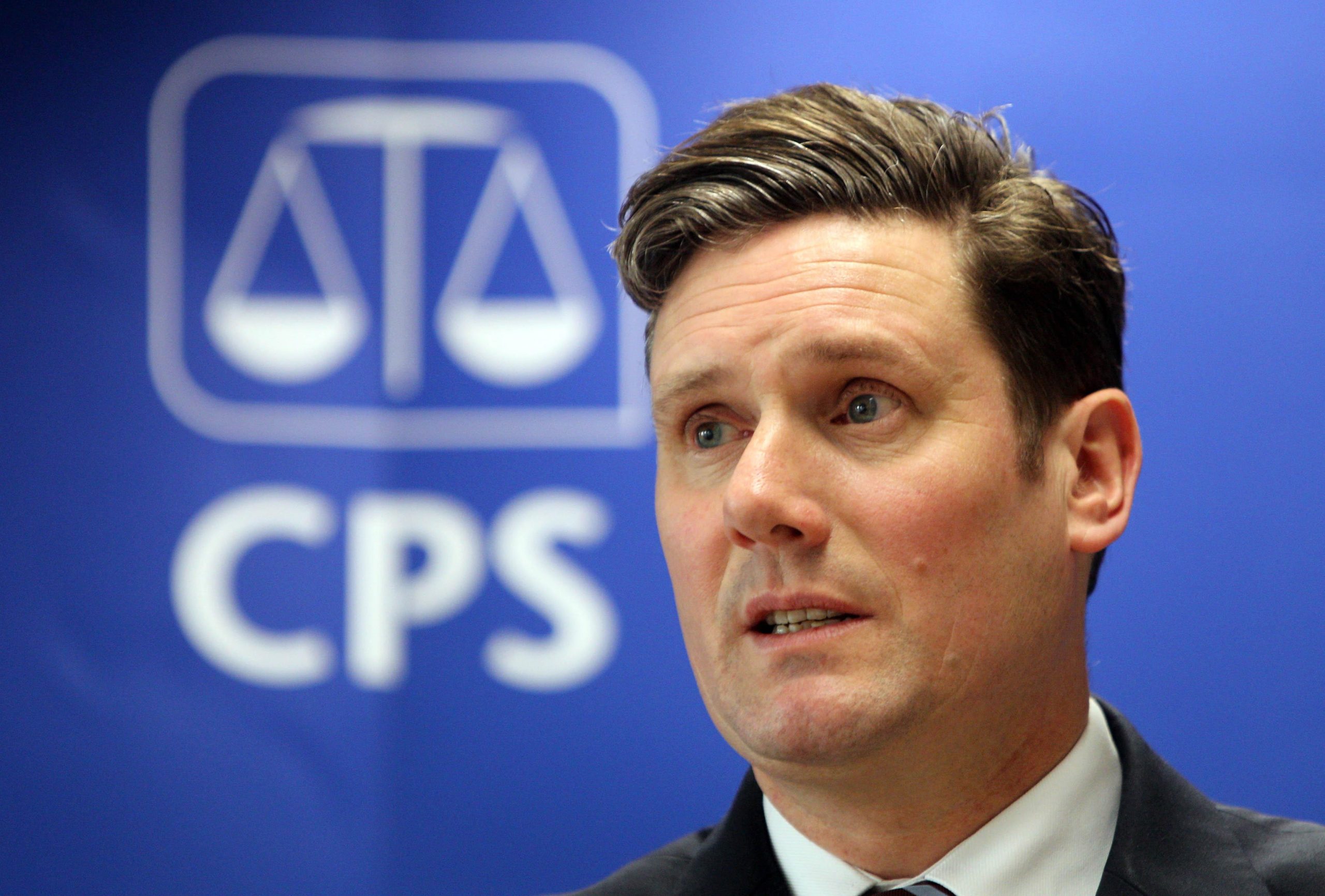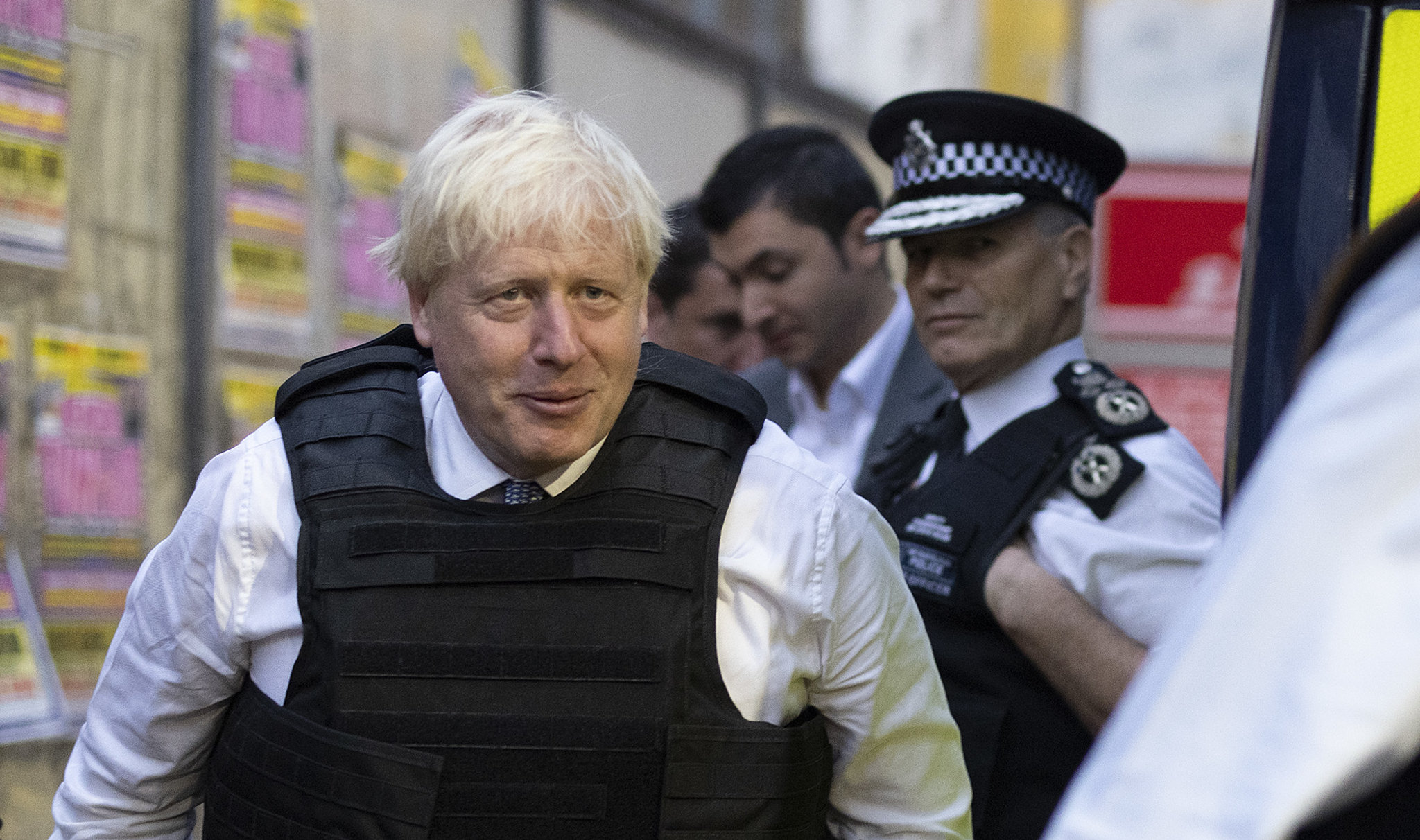After a period of unprecedented turmoil at the heart of government, with the most senior civil servants in the Treasury, Home Office and Foreign Office resigning, being sacked, or openly criticising their political masters, the mandarins of Whitehall are looking forward to the general election.
Their hopes are being raised by the prospect of a Labour victory bringing a measure of stability and in particular restoring traditional Whitehall values. For all the signs are that a government under Keir Starmer, far from shaking up the corridors of power, will seek refuge in Whitehall’s addiction to secrecy.
A Starmer government and Whitehall’s mandarin class will be natural allies with a shared enemy, namely openness, and with common allies, namely official secrecy and its bedfellow, repressive legislation.
‘Irresponsible nincompoop’
Starmer is widely reported to have developed a close relationship with Tony Blair, who in his memoir, A Journey, described his government’s Freedom of Information Act as a terrible mistake.
He wrote: “Freedom of Information: Three harmless words. I look at those words as I write them, and feel like shaking my head ‘til it drops off. You idiot. You naïve, foolish, irresponsible nincompoop”.
Blair continued: “Once I appreciated the full enormity of the blunder, I used to say – more than a little unfairly – to any civil servant who would listen: Where was Sir Humphrey when I needed him…How could you, knowing what you know, have allowed us to do such a thing so utterly undermining of sensible government?”
Starmer’s new chief of staff is Sue Gray, the former senior civil servant best known for drawing up a report on Boris Johnson and “Partygate”. Much less well known is her role in the Cabinet Office fighting disclosure and blocking freedom of information requests.
This does not augur well. Nor does the knee-jerk response by Yvette Cooper, Labour’s shadow home secretary, to the escape from Wandsworth prison of the former soldier Daniel Khalife.
Amid unsubstantiated hyped-up claims of espionage and terrorism she stated: “We have to take national security incredibly seriously”. Only later did the Labour front bench refer to the chronic state of the ageing jail.
Meanwhile, Jonathan Hall, the government-appointed reviewer of terrorism, was careful to point out the case against Khalife was not that he was involved in terrorism but in unspecified espionage attempts.
Growing powers
Threats of “terrorism” and “national security” are banded about in an increasingly febrile atmosphere, dangerously embroiled in politics.
In the summer, a French publisher was arrested at St Pancras railway station and held for nearly 24 hours as counter terrorism police questioned him about his opinion of French president Emmanuel Macron and about his participation in anti-Macron protests in France.
He was arrested under Schedule 7 of the Terrorism Act 2000 which gives the police wide powers to search people without any grounds at borders.
The same schedule of the act was used in 2013 to arrest David Miranda, the partner of Glenn Greenwald who helped to expose widespread surveillance of GCHQ disclosed by the former US National Security Agency contractor, Edward Snowden.
A growing number of laws – and there is the prospect of more to come – increase the power of the police to arrest protestors and the powers of the security and intelligence agencies to collect in bulk and store information on individuals.
They include the Investigatory Powers Act, widely dubbed a Snoopers’ Charter. British spy agencies want to relax even existing safeguards designed to limit the abuse of personal data they hold on individuals to give them more freedom to use artificial intelligence.
The National Security Act widens the definition of spying giving more powers to the intelligence agencies.
Mass surveillance
The Online Safety Bill, which has now passed through all its parliamentary stages, is designed to give the intelligence agencies greater access to internet messages, and has been mired in controversy.
Alan Woodward, an experienced expert and visiting professor in cybersecurity at the University of Surrey warns: “You make mass surveillance become almost an inevitability by putting [these tools] in their hands. There will always be some ‘exceptional circumstances’ that [security forces] think of that warrants them searching for something else.”
“You make mass surveillance become almost an inevitability”
The outgoing Biometrics and Surveillance Commissioner, Fraser Sampson, has warned that a new data protection law (the Data Protection and Digital Information Bill) could leave “a shortfall in oversight” for surveillance technology. The law also removes the requirement for the government to publish a Surveillance Camera Code of Practice.
The Labour leadership is under pressure to oppose the widely-criticised Public Order Act that gives police new powers to arrest protestors. But will it stand up to the security establishment’s relentless pressure for more powers?
Declassified has already highlighted Starmer and David Lammy, the shadow foreign secretary’s cosying up to the US/British intelligence establishment.
In 2012, a year before Starmer resigned as the head of the Crown Prosecution Service (CPS) the Metropolitan Police issued a statement about allegations that MI6 and Blair’s Labour government colluded in the rendition and subsequent torture of Libyan dissidents that it described as being so serious that it was in “the public interest for them to investigated now”.
By 2016, the police made it clear they believed they had sufficient evidence for a prosecution. But the CPS said there was insufficient evidence to mount one.
Two years later, in 2018, the then Conservative government apologised for what it called the “deeply troubling and appalling treatment meted out to Abdel Belhaj and his wife, adding that “cultural” and “behavioural” changes were needed in both MI5 and MI6.
Intelligence failure
Parliament’s Intelligence and Security Committee (ISC) was repeatedly misled by the intelligence agencies and both Labour and Conservative ministers about Britain’s role in the abduction and rendition of British citizens and residents, notably when the committee was chaired by senior Labour MPs and ministers.
Little has changed. The ISC said in its latest report that it had been “severely hampered” by the failure of the “UK Intelligence Community” to respond to questions posed by the committee.
Consequently, the committee added, it could not “provide any assurance to the public or Parliament that the intelligence Agencies are acting appropriately.”
There is no suggestion that Starmer intervened in the Belhaj investigation or was even aware of it. But as prime minister, ultimately responsible for the security and intelligence agencies, he could make sure that in future they will be subjected to effective independent scrutiny.
All the indications are he will avoid that challenge and take the safe option of Whitehall orthodoxy and all that means for official secrecy and increasing lack of accountability of the police and the spooks as they increase their powers.
Richard Norton-Taylor’s latest book, The State of Secrecy, is out in paperback now.





